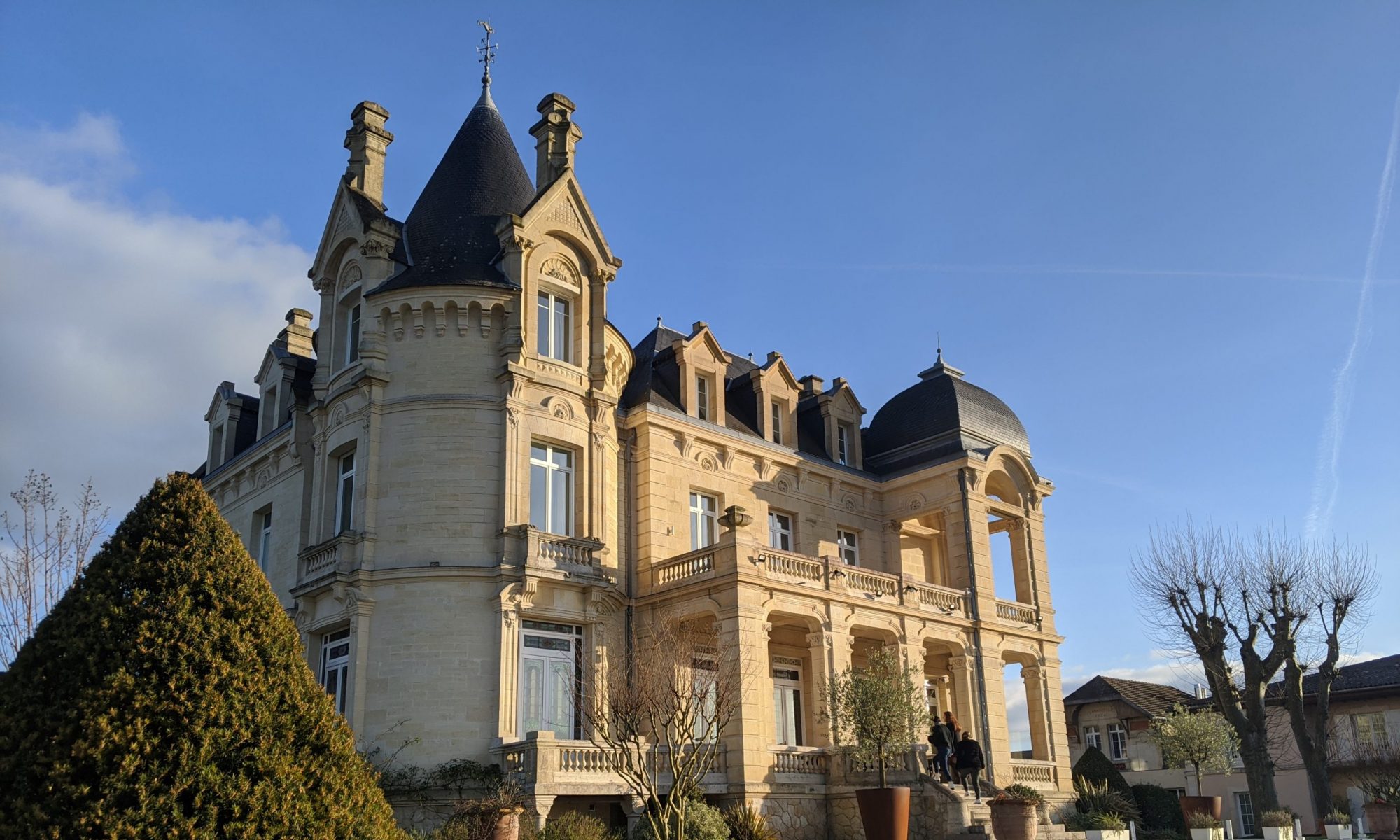The French newspaper Le Figaro has a pedantic article this morning on linguistic tics that infest the French language and that you are well advised to avoid. Similar locutions exist in English, and some in Le Figaro’s list have direct counterparts in English.
- «Du coup»: This is properly used to mean “instantly” or “as an immediate consequence”. «Son moteur a explosé et du coup sa voiture a pris feu.» But in familiar French it is being used to mean many things including “hey” («Du coup, tu fais quoi ce soir?», «Mais du coup, tu as réagi comment?»); “instead”: («On ne sort pas ce soir. On fait quoi du coup?»); and “so” («il ne veut pas manger de salade, du coup je fais des haricots»).
- «Grave»: The literal translation is “serious”, meaning reserved or dignified. But in current slang it corresponds exactly to the English slang “seriously”: «C’est beau non?» – «Grave!». = “It’s nice, right?” – “Seriously!”. You can almost hear the unspoken “… dude!” as a second word in the response.
- «Trop»: This simple “too much” can relieve the lazy speaker of specifying of what, exactly, there is too much. «Que pense-tu de cette robe» «Oh, elle est trop». Le Figaro recommends richer words like «d’époustouflant» or «étonnant», or at least more varied qualifiers like «beaucoup» or «très».
- «Genre»: Literally this is “type” or “variety”, as in a literary genre: mystery, romance, horror, adventure. But it is used today in many places where the English slang “like” would fit: «Tu vois ce que je veux dire? Genre c’est dingue non?» = “You see what I mean? Like, it’s crazy, right?” The French Academy weighs in to declare that when starting a sentence, this slang means «pas possible!» or «sans blague!» . I heard this once or twice just yesterday in an episode of Dix Pour Cent.
- «Donc»: So you know how it’s awkward to start a sentence all of a sudden? So you sort of take a running start? So that’s what «donc» has become in popular French. I’m afraid I do this all the time in my casual email writing in English. I pepper my sentences with leading “so”. The formal accepted usage of «donc» in French is either as “therefore”, to indicate a conclusion drawn from previous propositions; or, as a return from a digression (“I was in a bar. It was smoky. The piano was playing. The bartender looked mean. Two clients were having a fight. So there I was, trying to find information”). But in popular spoken French, it now plays the part of a gentle attention getting “hear ye! hear ye!” at the start of a conversation turn. As Figaro puts it: À peine ouvrons-nous la bouche que le voilà dégainé: «Donc je voulais te dire», «donc à propos de ce projet», «donc tu en es où en ce moment?»
So there you have it. Seriously, these French are too much. We could, like, totally learn to talk like that in a second. Hey, d’you think? I swear.
